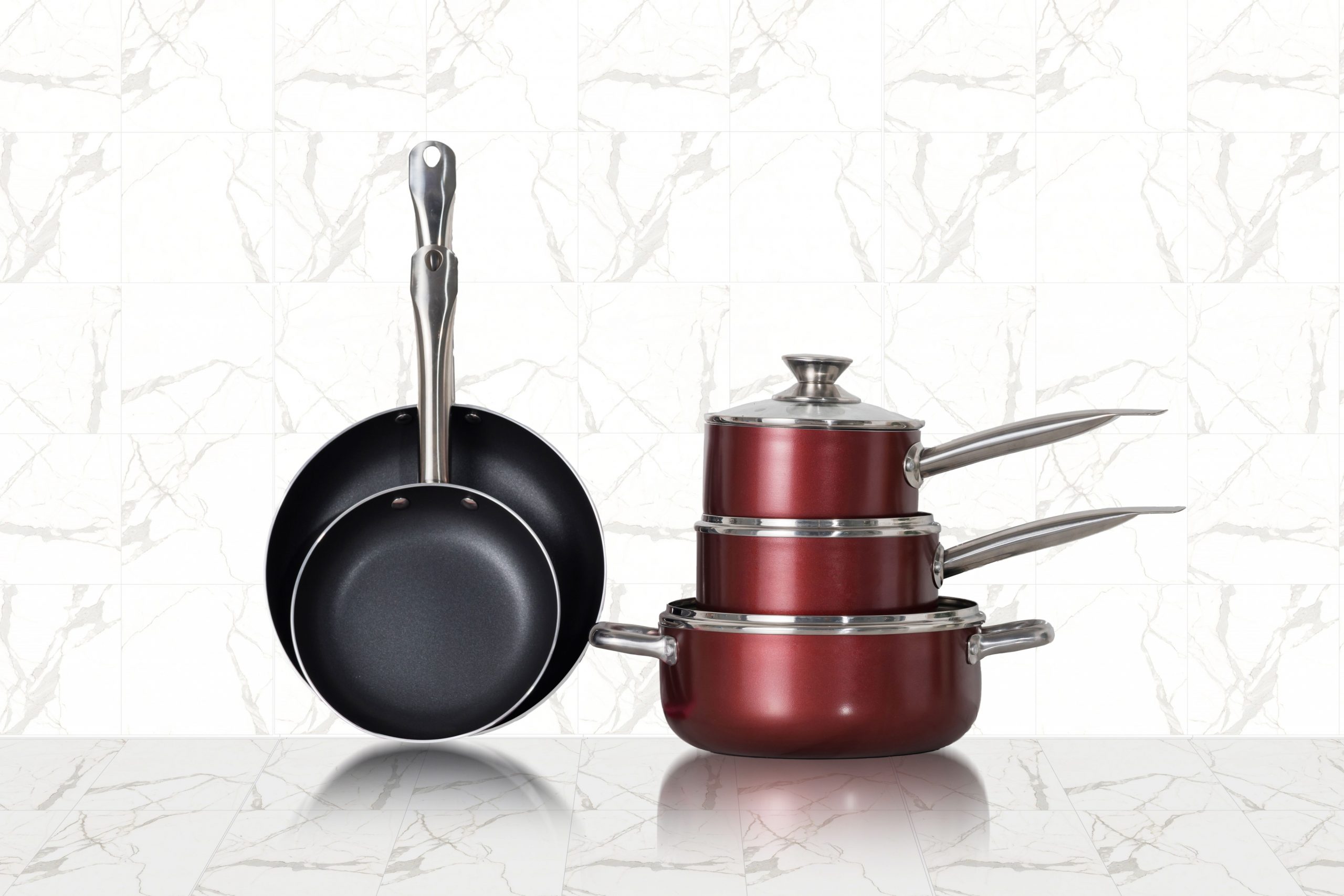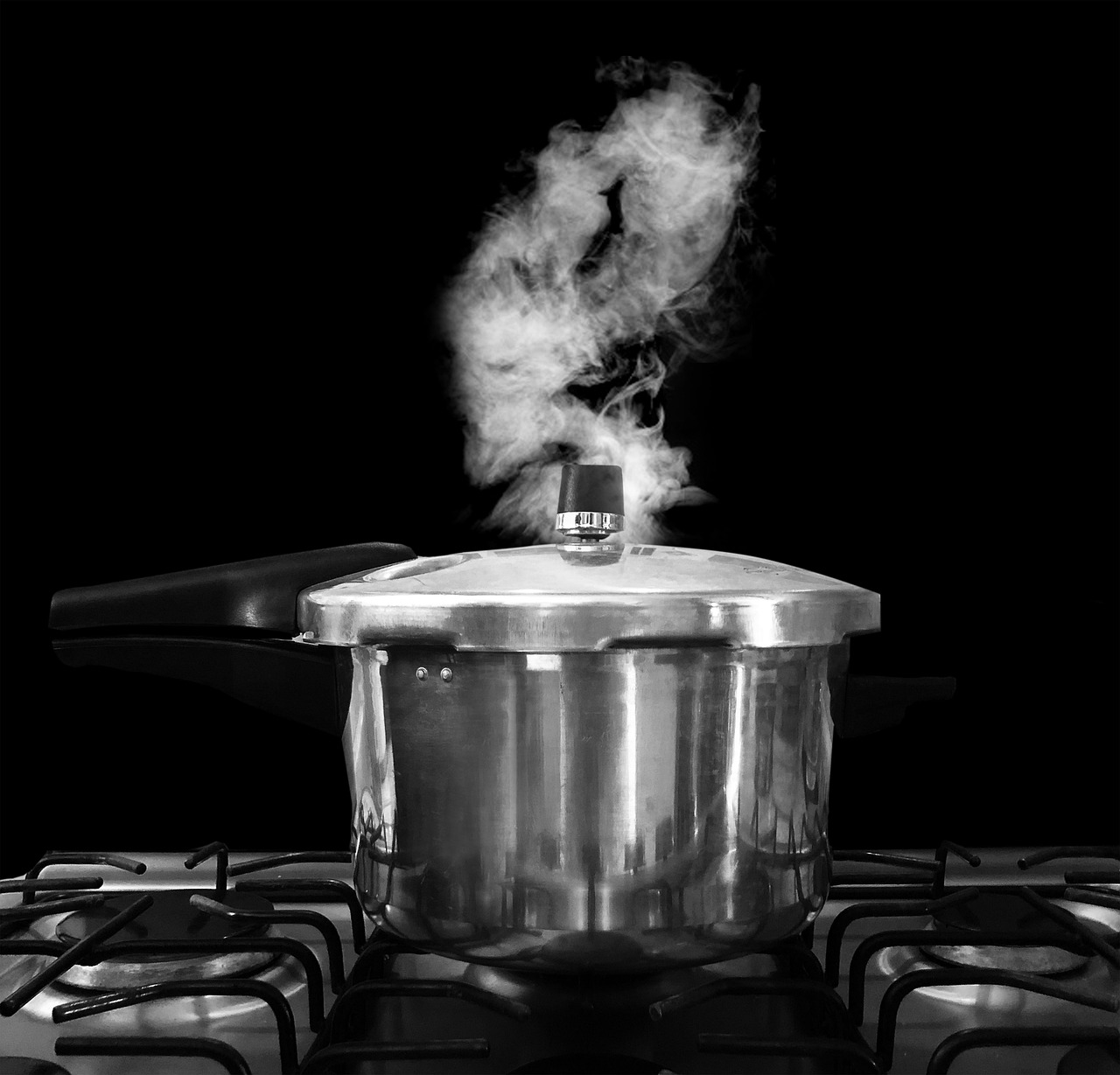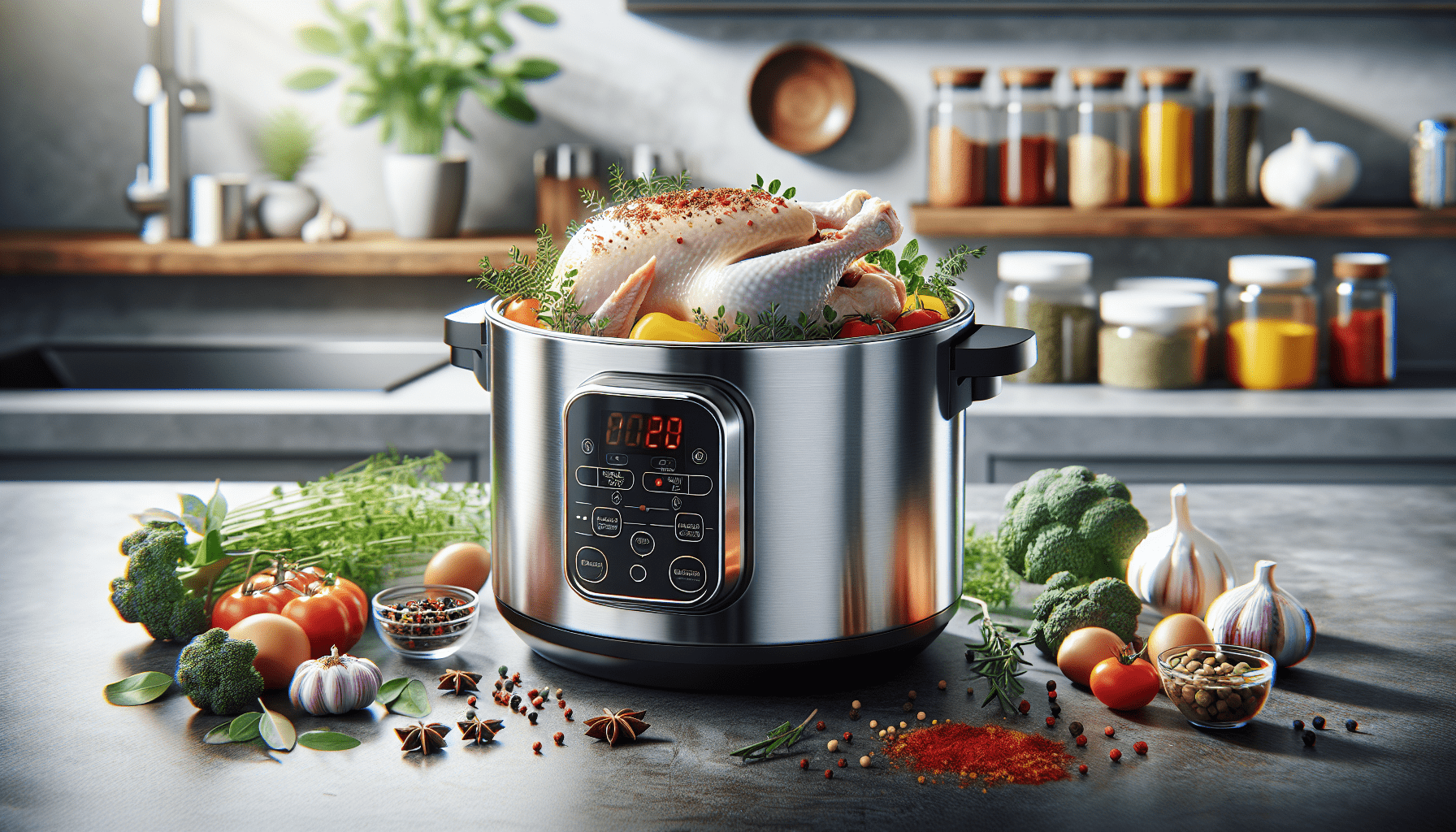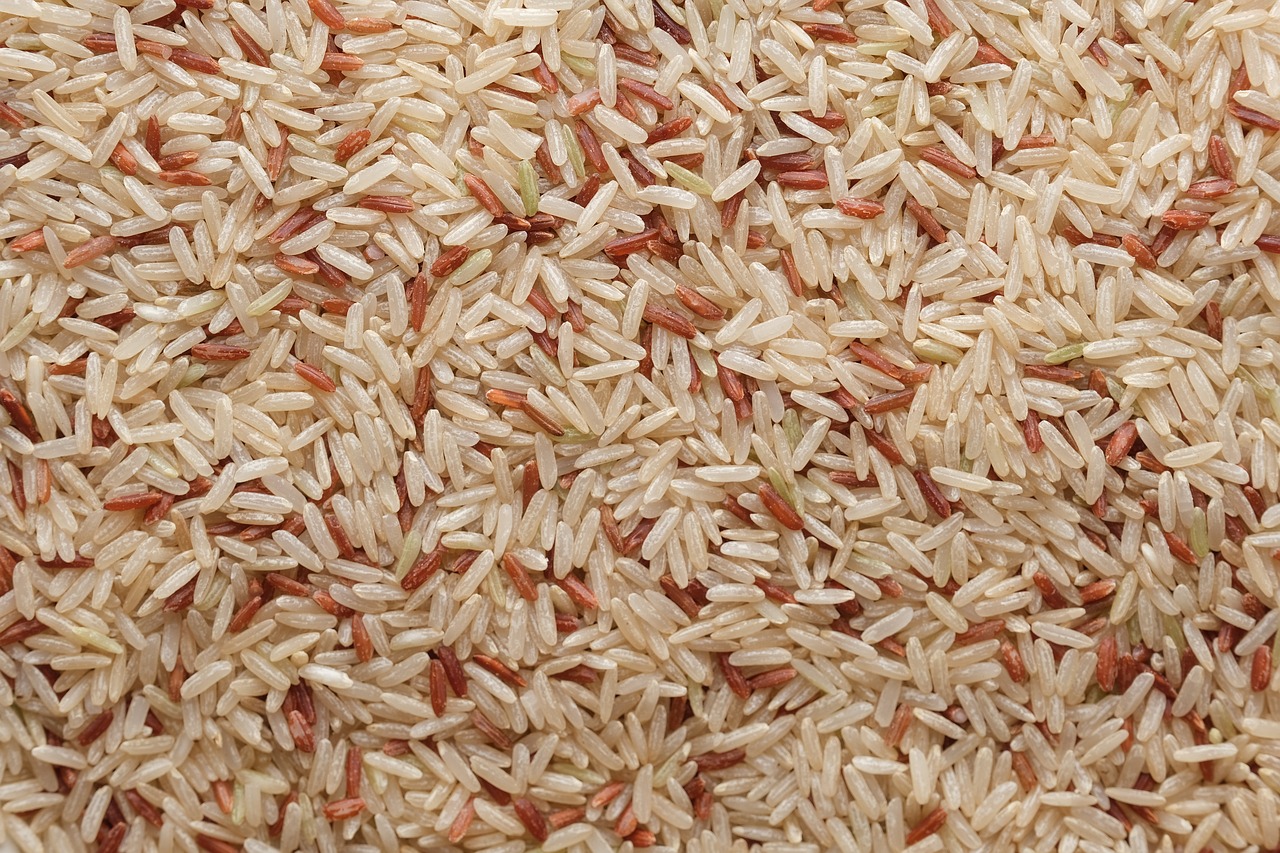Selecting the cookware for your kitchen implies a few certain points you should consider: budget, cooking and eating habits, your family size, etc. One of the most essential points in choosing cookware is the material it is made of. Often, such an important detail is simply overlooked or is considered to be minor. In fact, proper understanding of differences between cookware materials will assist you in making the best choice and further on, will help maintain your cookware in a good shape.
Stainless steel cookware is very common thank to its moderate price and a number of qualities, such as good tensile strength, excellent corrosion resistance and non-reaction with alkaline or acidic materials. Using stainless steel cookware allows using less oil and it better preserves the nutritious value of food.
The drawback is that stainless steel does not conduct heat well, so the cookware requires a thick aluminum or copper core in the bottom and, sometimes, the sides to conduct heat more evenly and make the cookware more responsive to heat. Stainless steel cookware care is quite simple as it can be washed in a dishwasher and scraped with nylon pads. Special stainless steel cleaners will help bring the shine back.
Non-stick cookware is a blessing when cooking and reheating sticky kinds of food. This coated surface also means you will need less oil or fat while frying on it. But you have to be careful while using and washing non-stick cookware. Avoid scratches on the surface or it’ll lose its properties. Use only wooden, plastic, or coated utensils when cooking. Wash in hot soapy water but never in a dishwasher.
Cast iron is comparatively inexpensive, conducts heat evenly and once heated, keeps it for a long time. Such cookware is good for deep-frying and slow cooking. The main problem is that it rusts, stains and becomes pitted when exposed to air, moisture and certain foods.
Do not wash cast-iron cookware in soapy water, instead try wiping clean with a paper towel. To prevent rusting, remove any excess moisture from the surface and coat with oil before storing.
Aluminum cookware is quite cheap compared to other materials. It’s very lightweight yet strong. It is a good conductor of heat and does not easily distort when exposed to high temperatures. The obvious drawback is its reaction to acidic and alkaline foods leading to corrosion and spoiling the taste of the food cooked.
That’s why it is often coated with stainless steel or anodized coating to protect the food. It doesn’t require any special care, usual washing in a soapy water is enough. However, if the surface has anodized coating, you better avoid washing the cookware in a dishwasher and be careful not to scratch the finish.
Lined copper cookware is quite expensive, though has a number of advantages. It conducts and responses to heat very well, cools down quickly when removed from the heat, preventing food from burning and becoming overdone. Copper cookware is a good choice for many cooking methods.
The main problem is that copper interacts with everything it comes in contact with. Moisture in the air causes it to form a film on it that is poisonous and salty food causes a chemical reaction that can make food have a metallic taste. For that reason copper cookware is lined with tin, silver or stainless steel to enhance its qualities. Care includes delicate washing with soapy water and regular polishing with special copper polish to keep its bright copper shine.




